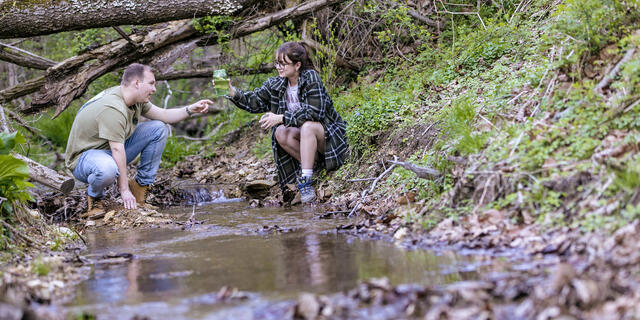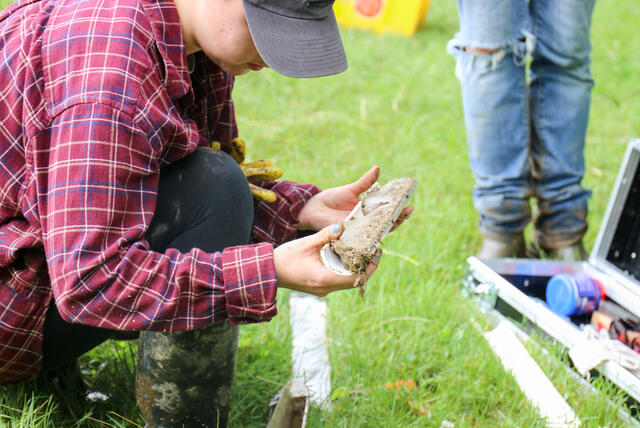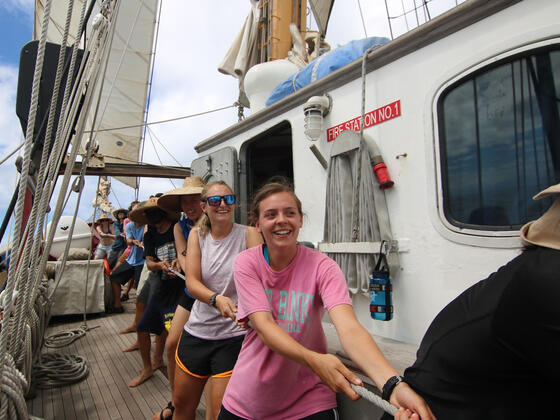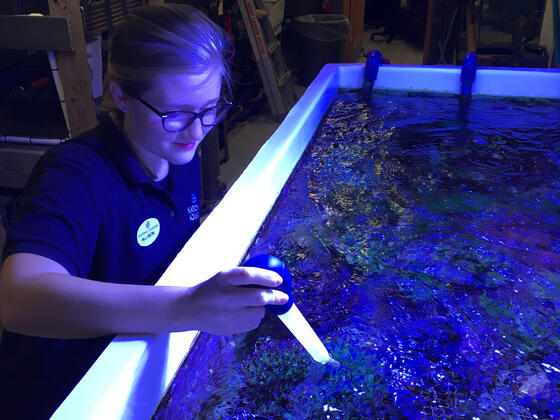Environmental Studies - Earth System Science
It can be overwhelming (and utterly fascinating) to think about the complex systems and forces that shape Earth’s environment and how multiple pieces fit together in a giant jigsaw puzzle of cause and effect. A degree in Earth System Science from McDaniel College will help you hone in on the elements that fascinate you the most.
Mortarboard
Degree Types
Major,Specialization
Heart
Distinctive Requirements
Capstone
Document
Research Facilities




